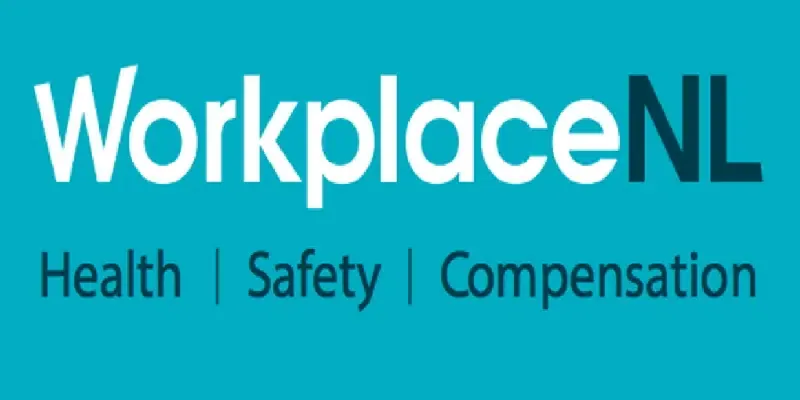
Revolutionizing Student Mental Health: A Cutting-Edge Recommendation Engine
2025-09-17
Author: Amelia
Introduction: A Growing Crisis in Student Mental Health
In Canada, nearly one in three postsecondary students battles significant depression or anxiety symptoms. This alarming statistic highlights the mental health crisis faced by young adults entering university, who must juggle increased responsibilities and an independent lifestyle, often without adequate support.
Transitioning to university is a peak period for the onset of mental disorders, particularly anxiety and depression. Neglecting these issues can lead to severe consequences, including diminished employment prospects, poor academic performance, and declining quality of life. Shockingly, fewer than 10% of symptomatic students seek help, hindered by stigma and practical barriers like time constraints.
The U-Flourish Study: Tracking Mental Health Over Time
Launched at Queen's University in 2018, the U-Flourish Study aims to track the mental health of undergraduates over time. Collecting data biannually, this longitudinal study raises awareness of mental health trajectories among students and identifies factors that could lead to improvement or decline.
The advent of COVID-19 exacerbated existing mental health challenges, with increased reports of insomnia, anxiety, and depression among students. As student demand for mental health services surged, universities scrambled to keep up with the rising tide of need. The situation is untenable, signaling a mental health crisis.
The Need for Innovative Solutions
Clearly, there's a critical gap in proactive mental health support: early detection and effective mapping of at-risk students to personalized resources. The primary goal of our new initiative is to develop a recommendation engine that harnesses existing student data to assess mental health proactively and provide tailored advice.
Introducing the Recommendation Engine
This innovative recommendation engine employs a dual approach: clinically defined rules and machine learning (ML) algorithms to guide students toward appropriate care levels. By using metrics like mental health symptoms and substance use, the engine seeks to enhance how resources are allocated and ensure students receive the right level of support.
Aims and Future Directions
Beyond simply creating a recommendation engine, we aim to seek metrics that further personalize prevention strategies for depression and anxiety. The project also strives to evaluate alternative, less burdensome assessment tools to continuously improve service delivery.
Methods and Data Collection
Our approach is steeped in rigorous methodology. Data from the U-Flourish survey was carefully analyzed to identify key risk factors and develop reliable algorithms for treatment recommendations. Engaging students in the study ensures that the resulting services meet their needs and concerns.
Early Findings: A Call for Action
Initial research shows alarming results: over 25% of participating students exhibited symptoms warranting immediate intervention. Our ML models were effective at predicting future mental health struggles before they occurred, emphasizing the need for early intervention.
Conclusion: The Way Forward for Student Mental Health
The U-Flourish mental health calculator and recommendation engine offer a breakthrough in addressing key barriers to care for university students. By rationalizing service delivery through personalized, stepped care recommendations, we can improve mental health outcomes and ensure that no student suffers in silence. This digital solution holds the promise of transforming how mental health support is delivered in higher education.









 Brasil (PT)
Brasil (PT)
 Canada (EN)
Canada (EN)
 Chile (ES)
Chile (ES)
 Česko (CS)
Česko (CS)
 대한민국 (KO)
대한민국 (KO)
 España (ES)
España (ES)
 France (FR)
France (FR)
 Hong Kong (EN)
Hong Kong (EN)
 Italia (IT)
Italia (IT)
 日本 (JA)
日本 (JA)
 Magyarország (HU)
Magyarország (HU)
 Norge (NO)
Norge (NO)
 Polska (PL)
Polska (PL)
 Schweiz (DE)
Schweiz (DE)
 Singapore (EN)
Singapore (EN)
 Sverige (SV)
Sverige (SV)
 Suomi (FI)
Suomi (FI)
 Türkiye (TR)
Türkiye (TR)
 الإمارات العربية المتحدة (AR)
الإمارات العربية المتحدة (AR)